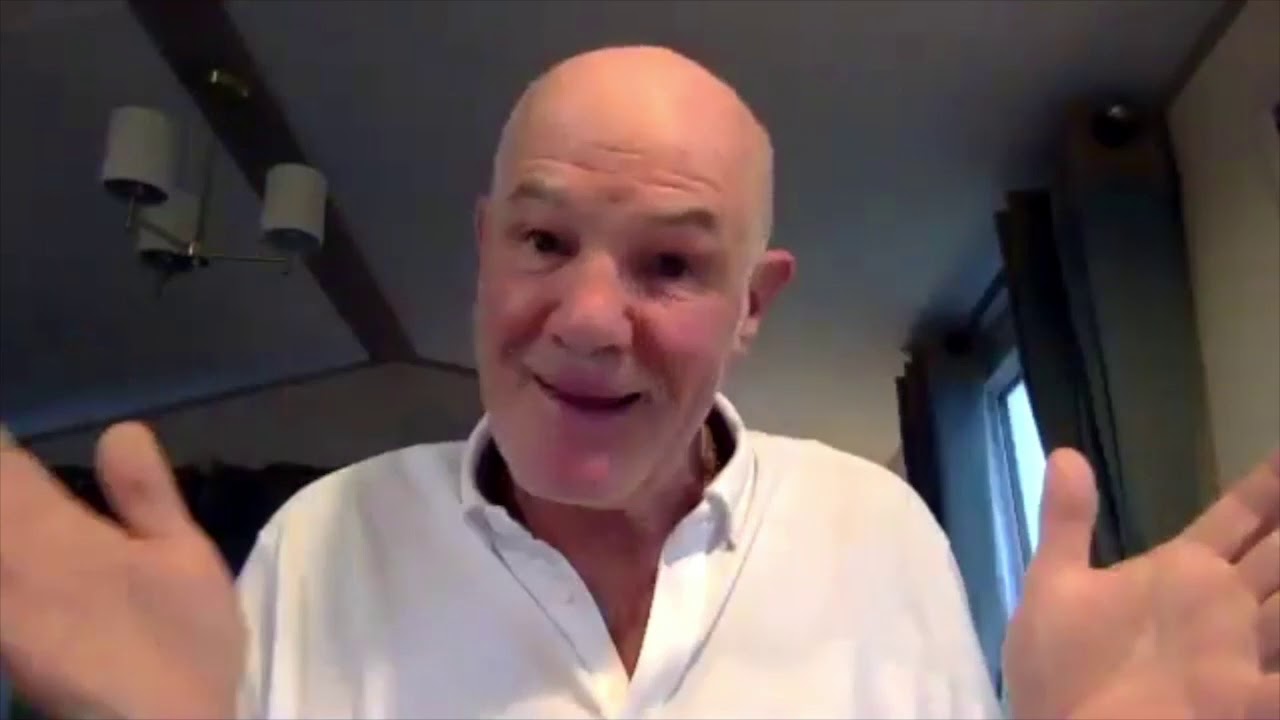Oct
HeartMath Webinar: 4 Monster Stress-busters
HeartMath is a relatively new technique and is a form of meditation. The benefits of regular meditation are well established in science. They include reducing anxiety, high blood pressure, and even cancer.
HeartMath biofeedback technology is being increasingly used in professional sports and in schools to enhance performance and create the ideal mental state. The heart contains large amounts of nerves. It was thought that these nerves responded to stimulation from the brain. Now it is known that the reverse is often true. The impulses from the heart control the brain.
This might explain why people use the expression, “I knew in my head that this was the right decision, but in my heart I knew it was wrong.”
Finding the flow channel
People perform best at work, at school, at sports, or in any creative activity when there is a balance between the challenge of the task and the mental state. If the challenge is low, the mental state is likely to be one of boredom, and so performance will be poor.
If the challenge is balanced in conjunction with a calm mind, then the individual moves into that magical state known as “the zone.” This is the home of peak performance.
However, if the challenge is too high, this causes stress and associated loss of confidence. Poor decisions are made because of too many thoughts at one time, and this can result in an increased likelihood of injuries; therefore, any tool that can help a person find the zone more easily and stay there longer will be of immense value. This is exactly what HeartMath delivers when used correctly.
The main hormone associated with negative emotions and, therefore, poor performance is cortisol. These negative emotions include anxiety, frustration, and low confidence. Unless this mind state is changed, it will lead eventually to a cynical approach to life, increasing exhaustion, and, ultimately, acceptance of defeat.
It’s the Drugs
The main hormone that stimulates positive emotions is dehydroepiandrosterone (DHEA). This produces a mind state that is dynamic, confident, and full of passion. Such people are cool under pressure, in control of themselves and their emotions, and calm with a feeling of inner peace.
The core of HeartMath is the perfectly balanced relationship between the heart and the brain. The brain is packed with nerve cells, which is why it controls the rest of the body with perfect precision.
What is less known is that there are also numerous nerve cells in and around the heart. Even lesser known is the stunning fact that these nerve cells from the heart send more information to the brain than the other way round; therefore, the brain is not controlling the heart, but the heart is controlling the brain. Using this knowledge, you can apply the HeartMath technique to enhance your mental state and hence promote peak performance.
At the core of the HeartMath technique is the concept of “heart-rate variability.” For example, if your heart rate is sixty, then that means that your heart must beat once every second. However, it is not quite as simple as that because during any five-second period, the heart may beat five times. But it is also quite likely that it may beat only four times, or as many as six times. So the heart rate is only an average number of beats in a sixty-second period. This variation between individual heartbeats is called the “heart-rate variability.”
Heart-rate variability is dependent upon our age, general state of health, and, most important, our mental state. High heart-rate variability produces positive emotions, while the opposite is true of low heart variability.
Don’t Forget to Breathe
So how can we increase our heart-rate variability and find the ideal mental state known as coherence? The answer is to practice specific breathing techniques. These techniques, which lead to a slightly higher level of coherence, are very simple, and yet they still produce great benefit.
The following breathing technique is a great way to start to understand how to use HeartMath. We have already stressed the importance of the heart.
- So to start this exercise, bring your attention to the area around your heart.
- Breathe in for five seconds, and breathe out for five seconds.
- While you are breathing rhythmically, imagine your breath is going into and then leaving your heart.
- Perform this exercise for five minutes, or even less, and you will feel much calmer.
The truth is that it is very difficult to be calm when you are breathing quickly; it is even more difficult to be anxious when you are breathing slowly.
I have mentioned many times the importance of the emotions to our state of mind. So your next challenge is to use the simple technique described earlier, but add another magic ingredient to the mix—a positive emotion. Think of a person you love and who loves you. Think of a time when life was easy and you were in the zone performing at a much higher level than normal. Think of how you would like to feel in the future, and the goals you would like to achieve in your life. Then think of how good this will make you feel.
While you are generating these positive emotions and chemicals, focus your mind at the same time on the feeling of breathing through your heart. Just as before, breathe in for five seconds, and breathe out for five seconds.
This technique is very useful in reproducing past emotional highs that we can then use for future events that we might find threatening. The HeartMath Institute has an extremely informative website, and much of its content is freely available. It is well worth a visit.




Sorry, the comment form is closed at this time.